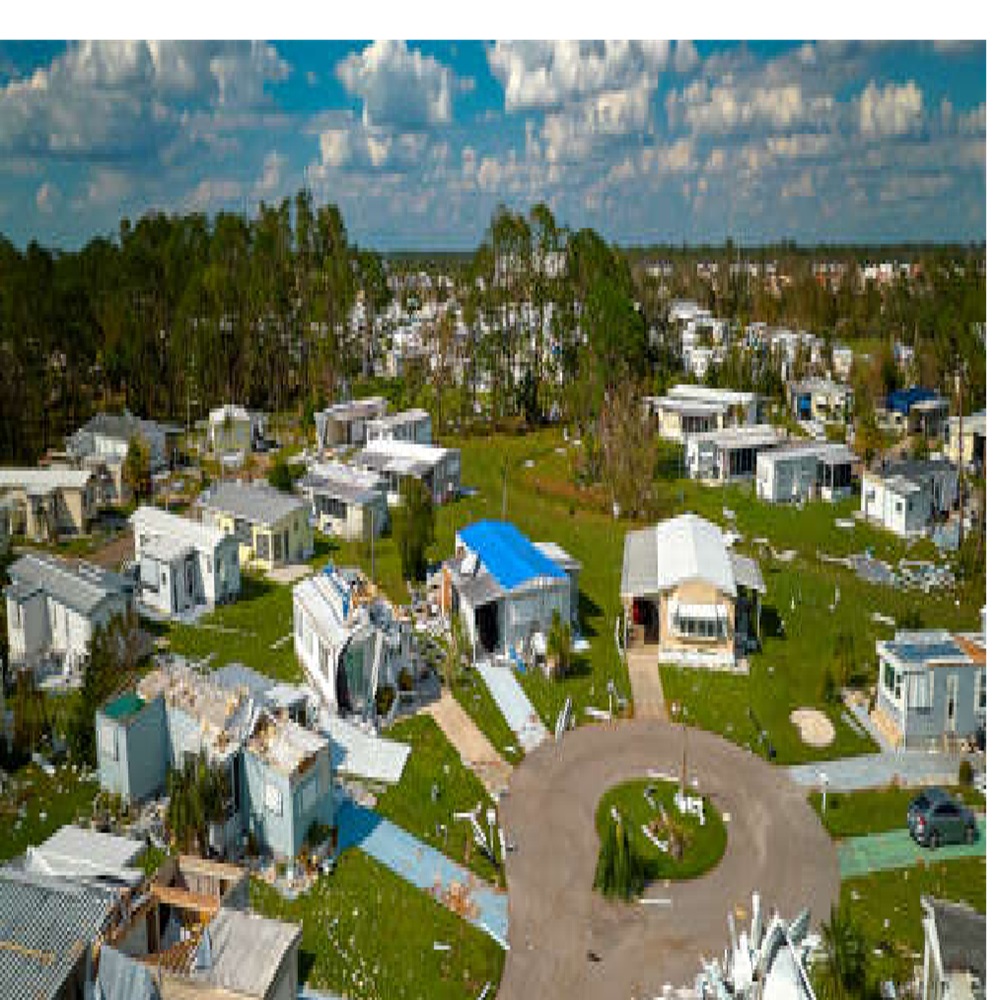One of the biggest natural disaster recovery projects in American history was required after Hurricane Katrina tore down the Gulf Coast in late August 2005, destroying much of New Orleans and the surrounding area.
However, the chaos of the infrastructure—roads, electricity, and flooding—slowed down the reconstruction process. It was hard to get supplies in and out of the area.
Stanley Griffis, the John H. McConnell Professor of Business Administration at the University of Michigan, and the Department of Supply Chain Management at Michigan State University wrote on the lessons supply chains may learn from hurricanes like Katrina earlier this year.
For instance, Procter & Gamble had to import food, set up a phone centre, and even drill a well to provide water to its workers. The company eventually resumed operations within a month after temporarily relocating its coffee supply operations from New Orleans to Kansas City, he wrote. "That's just one example of how businesses are juggling supply chain concerns amid hurricane damage—whether it's from Katrina, Sandy, or Harvey."
Naturally occurring disasters affect more than just companies like Procter & Gamble. Supply chains are essential to the life-saving efforts carried out by government agencies like the Federal Emergency Management Agency (FEMA) and nonprofits like the American Red Cross following a disaster.
Thankfully, or sadly, Katrina brought attention to a supply chain weakness for these organisations. The American Logistics Aid Network, or ALAN, was created as a result.
The system for giving hope to communities affected by crisis really did not take into account the capabilities of private sector resources, according to Kathy Fulton, executive director of ALAN. "We were formed in 2005 when a bunch of supply chain industry leaders were together at a conference and they all saw the challenges that were happening along the Gulf Coast," Fulton said. "Those business executives all saw that as a chance to give back, to use the resources, expertise, and knowledge of our profession to change the world."
Speaking about the goal of ALAN, Fulton, who joined the industry charity in 2010 as director of operations before becoming executive director in 2014, was recently featured on Supply Chain Management Review's Talking Supply Chain podcast.
"We are here to make it easier for companies to donate their equipment or logistics services," Fulton stated. "We are aware of the nonprofits operating in a given area, who are reacting and carrying out excellent job; yet, they may only require minor support with the supply chain. We facilitate the nonprofit community's access to the specialists in the supply chain and logistics fields' kind support.
ALAN depends on donations to fund its activities and provide aid in the event of a crisis, mostly from the industry. While it does not take supplies, it helps organisations with supply chain management and other services, such as matching up agencies in need with freight carriers who have available space.
Fulton related a tale about a request ALAN got during the 2017 western wildfire season.
"This animal rescue organisation asked us whether we could assist them in evacuating their animals. We wanted to kind of delve in and understand a little bit more because it's not something that's usually a fit for us," Fulton said. They responded, "Hey, we're going to need flatbeds and we're going to place the lions and tigers on their cages on the flatbeds," according to the account. And I was thinking, wait, you're talking about lions and tigers, as it almost passed me. Are bears also present here? We managed to locate a supplier to do the task. Luckily, the fire moved, receding sufficiently that we were able to save the animals from having to remove them from their natural environment. However, it's comforting to know that there people willing to do that

Categories

Magazine Editions



















